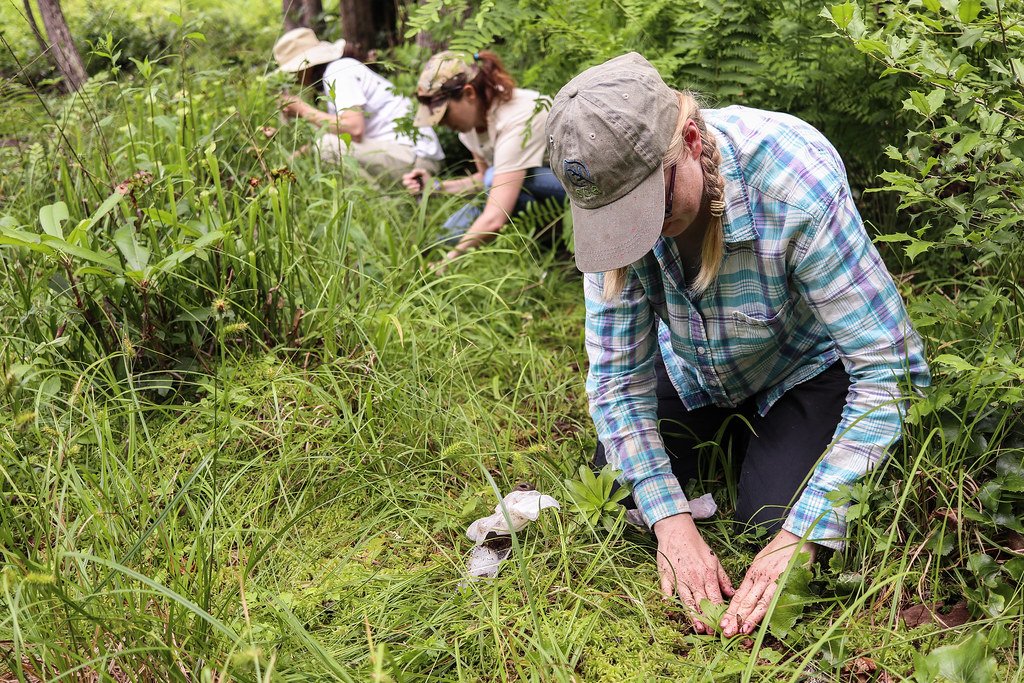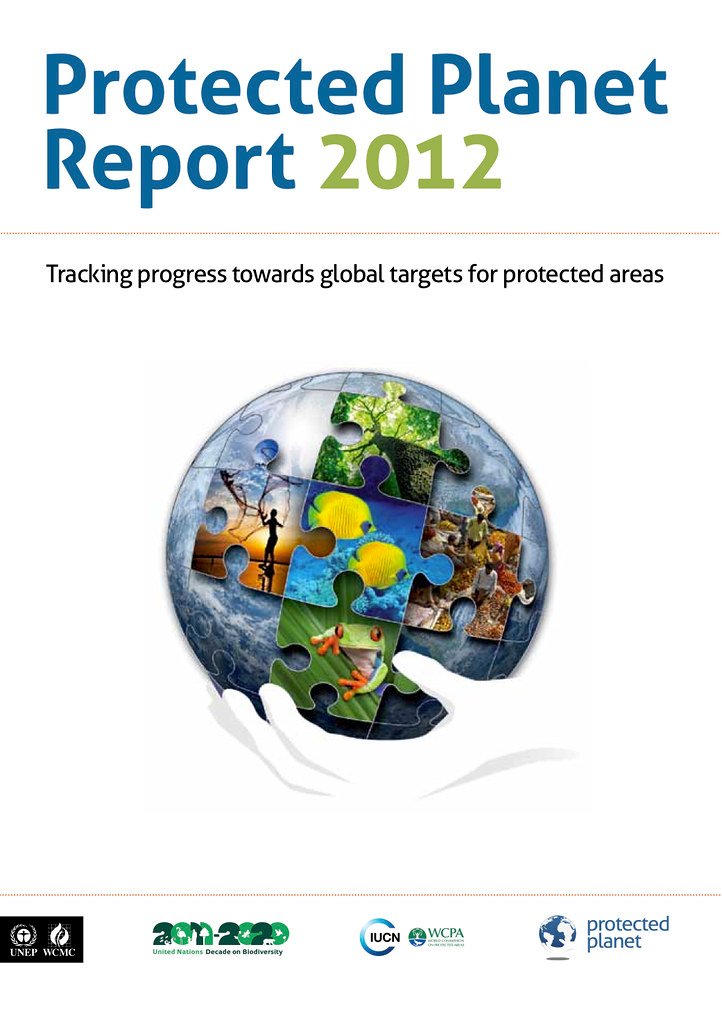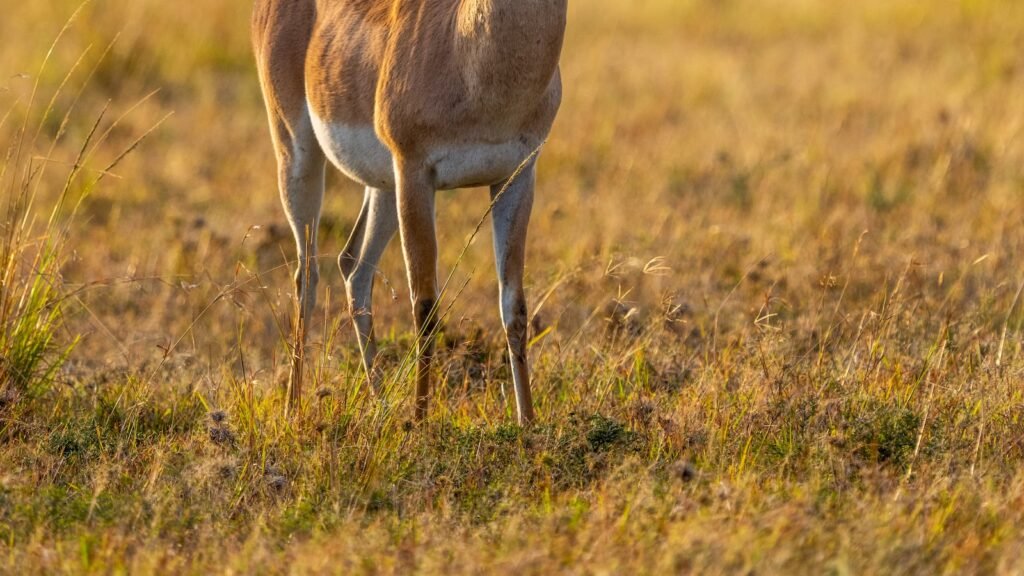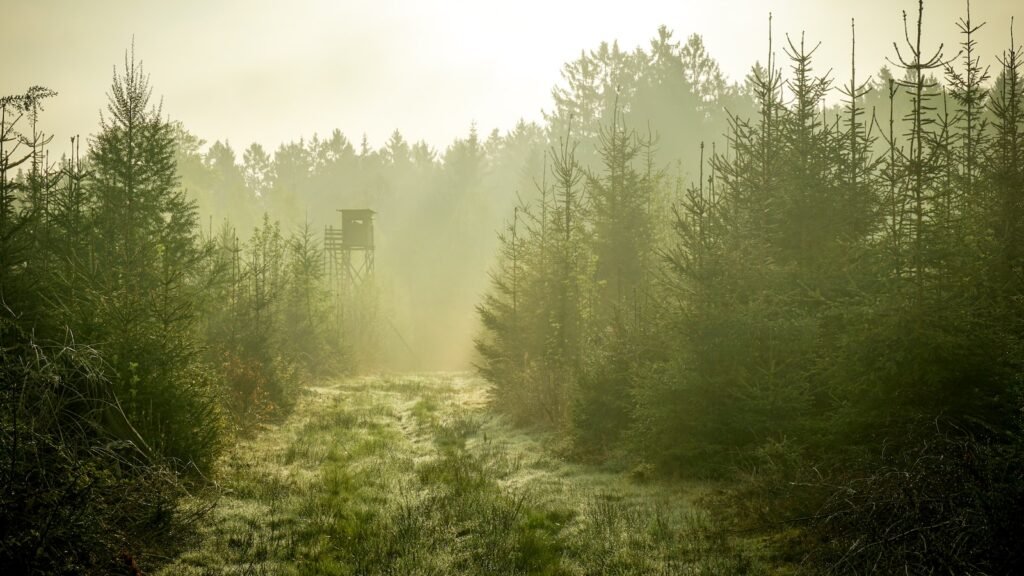Now Reading: The Importance of Conservation in Hunting
-
01
The Importance of Conservation in Hunting

The Importance of Conservation in Hunting
The sun begins its ascent over the sprawling wilderness, casting an ethereal glow upon a landscape teeming with life. In this delicate dance between predator and prey, humans have long played an integral role. Hunting, an ancient practice ingrained in our collective history, has taken on new significance in today’s ever-changing world. However, as time marches forward, so too must our understanding of the importance of conservation in hunting. In a delicate balance where tradition and progress intersect, it becomes crucial to recognize that responsible hunting holds the key to safeguarding the biodiversity we hold so dear. With the loss of precious habitats and the depletion of species reaching alarming rates, hunters must embrace their role as guardians of the wild, steering the course towards a sustainable future for both flora and fauna.
Table of Contents
- The Value of Conservation in Hunting
- Promoting Biodiversity and Ecosystem Health
- Balancing Conservation Efforts with Hunting Practices
- Effective Strategies for Sustainable Hunting Management
- Ensuring Ethical Hunting Practices for Long-term Conservation Success
- Q&A
- Key Takeaways

The Value of Conservation in Hunting
Conservation plays an indispensable role in the world of hunting, providing numerous benefits that extend beyond the thrill of the chase. By actively participating in conservation efforts, hunters contribute to the preservation of biodiversity, the protection of habitats, and the maintenance of ecological balance.
Hunting, when practiced responsibly, serves as a valuable tool for wildlife management. It helps control populations of certain species, preventing overpopulation that can lead to habitat degradation and scarcity of resources. Additionally, regulated hunting generates funding for conservation programs, allowing for the preservation and restoration of vital ecosystems.
Through education and ethical hunting practices, hunters develop a deep appreciation for the environment and the interconnectedness of species. These individuals often become powerful advocates for conservation, spreading awareness about the need for habitat protection, sustainable use of resources, and the importance of preserving wildlife for future generations.
Benefits of Conservation in Hunting:
- Biodiversity preservation: Conservation efforts safeguard the rich variety of plant and animal species, maintaining the delicate balance of ecosystems.
- Habitat protection: By preserving habitats, hunters contribute to the sustainability of ecosystems and provide critical support for diverse flora and fauna.
- Wildlife management: Responsible hunting helps manage populations, preventing overpopulation and reducing negative impacts on habitats.
- Funding for conservation: Through hunting licenses, fees, and taxes on equipment, significant funding is generated for conservation programs and research.
- Environmental awareness: Hunting fosters a deeper understanding and appreciation of the environment, nurturing a sense of responsibility towards its protection.
In conclusion, goes far beyond the sport itself. By actively participating in conservation efforts, hunters become stewards of nature, ensuring the long-term sustainability of our ecosystems and the survival of countless species.

Promoting Biodiversity and Ecosystem Health
Conserving Biodiversity:
Preserving the diversity of life on our planet is crucial for the continuity of ecosystems and the overall health of our environment. By conserving biodiversity, we protect the countless species that play important roles in maintaining balance and stability. Through the establishment of protected areas and wildlife sanctuaries, we ensure the survival of endangered plants and animals, preventing their extinction and preserving their inherent value. Additionally, we can actively promote biodiversity by fostering sustainable land use practices that prioritize the conservation of natural habitats and eco-friendly farming methods.
Restoring Degraded Ecosystems:
Nature is remarkably resilient, and even damaged ecosystems have the potential to recover and flourish. Restoring degraded ecosystems is vital for reinstating their natural functions and services. Through habitat restoration efforts, such as reforestation and wetland rehabilitation, we can reverse the negative impacts of human activities. Initiatives that aim to address pollution and improve water quality in rivers and lakes are also essential for revitalizing aquatic ecosystems. By engaging in collaborative restoration projects, involving local communities and stakeholders, we can effectively rebuild ecologically diverse landscapes that are capable of supporting abundant life.
Sustainable Resource Management:
Ecosystem health depends on sustainable resource management practices, which ensure that human activities are conducted in a way that minimizes negative impacts on biodiversity. Responsible resource extraction, such as sustainable logging or fishing, helps prevent overexploitation and the depletion of natural resources. By adopting sustainable farming practices, we can reduce the use of harmful pesticides and fertilizers, promoting the coexistence of agriculture and wildlife. Additionally, supporting local industries that prioritize sustainability, such as eco-tourism or green energy, can contribute to the conservation of biodiversity and the overall health of ecosystems.

Balancing Conservation Efforts with Hunting Practices
Hunting has long been a controversial subject when it comes to conservation efforts. While some argue that hunting can undermine conservation goals, others believe that it can actually play a vital role in maintaining the balance of wildlife populations and their habitats. Finding a middle ground between these two perspectives is crucial to effectively manage and preserve our natural resources.
Understanding the importance of conservation:
- Conservation efforts aim to protect and restore the biodiversity of our ecosystems.
- Preserving natural habitats and wildlife populations helps maintain the overall stability and health of ecosystems.
- Conservation also promotes sustainable use of resources, ensuring they will be available for future generations.
The role of hunting in conservation:
- Hunting, when practiced responsibly and in accordance with regulations, can help control population sizes of certain species.
- This can prevent overpopulation and its subsequent negative impact on the environment, such as habitat destruction and increased competition for limited resources.
- Revenue generated from hunting permits and licenses can be directed towards conservation efforts and wildlife management programs.
It is essential to strike a balance between conservation efforts and hunting practices to ensure the long-term well-being of our ecosystems. By implementing sustainable hunting practices, enforcing strict regulations, and promoting education about the importance of conservation, we can find harmony between these two seemingly opposing perspectives.
Effective Strategies for Sustainable Hunting Management
Strategies for Sustainable Hunting Management:
Hunting, when done responsibly and sustainably, can have a positive impact on ecosystems and wildlife populations. By implementing effective strategies, we can ensure that hunting activities are carried out in a way that respects nature and promotes conservation. Here are some key strategies for sustainable hunting management:
1. Regulation and Monitoring: The first step towards sustainable hunting is to establish clear regulations and guidelines. These should include restrictions on hunting seasons, bag limits, and protected species. Additionally, regular monitoring and enforcement of these regulations are crucial to prevent over-hunting and preserve biodiversity.
2. Habitat Conservation: Hunting management strategies should prioritize the conservation and restoration of habitats. This can be done by implementing practices such as reforestation, wetland restoration, and the creation of wildlife corridors. By ensuring the availability of suitable habitats, we can maintain healthy populations of game species and protect overall biodiversity.
3. Education and Awareness: Educating hunters and the general public about sustainable hunting practices is essential for long-term conservation. Promoting ethical hunting behaviors, wildlife management techniques, and the importance of biodiversity conservation can cultivate a culture of responsible hunting. This can be achieved through workshops, awareness campaigns, and collaboration with local communities and hunting organizations.
4. Research and Innovation: Continued research and innovation play a vital role in sustainable hunting management. Investments in scientific studies can help us understand the dynamics of wildlife populations, the ecological impacts of hunting, and the effectiveness of different management strategies. This knowledge can then be used to adapt and improve hunting regulations and practices.
By adopting these strategies, we can foster a balanced approach to hunting management that ensures the long-term sustainability of both wildlife and the hunting tradition. It is our collective responsibility to conserve our natural heritage for future generations to enjoy.
Ensuring Ethical Hunting Practices for Long-term Conservation Success
Hunting has been a longstanding tradition for many cultures around the world. However, it is crucial to ensure that hunting practices are conducted ethically in order to achieve long-term conservation success. Ethical hunting practices not only preserve the balance of ecosystems but also contribute to the sustainability of wildlife populations for future generations to enjoy.
To ensure ethical hunting practices, hunters should adhere to a set of principles. It is essential to respect and honor the animals being hunted. This involves using appropriate hunting methods, such as choosing the right hunting equipment to minimize suffering and maximize the chances of a clean kill. It is also important to only hunt within legal boundaries and obtain the necessary permits or licenses to ensure compliance with conservation regulations.
Furthermore, ethical hunting practices entail responsible and sustainable behavior. This includes avoiding over-hunting and taking only what is necessary for subsistence or management purposes. Conservation efforts should be supported, such as participating in habitat restoration initiatives and donating to conservation organizations. By respecting the natural habitats of wildlife and minimizing human impact, ethical hunters play a crucial role in maintaining the delicate balance of the ecosystem.
- Choose appropriate hunting methods and equipment
- Comply with conservation regulations and obtain necessary permits
- Avoid over-hunting and practice sustainable behavior
- Support conservation efforts through donations and active participation
- Respect the natural habitats of wildlife and minimize human impact
By ensuring ethical hunting practices, we can secure the long-term conservation success of wildlife populations and preserve the hunting tradition for future generations. It is a balance between respecting the animals, supporting conservation efforts, and maintaining our cultural heritage. Let us embrace ethical hunting principles to contribute to the sustainability and preservation of our natural world.
Q&A
1. Why is conservation important in the context of hunting?
Conservation is crucial in hunting because it ensures the sustainability of wildlife populations and habitats. By regulating hunting practices, we can maintain ecological balance, preserve biodiversity, and promote long-term health of the environment.
2. Does hunting contribute to wildlife conservation?
When done responsibly and with conservation in mind, hunting can actually play a positive role in wildlife conservation. Through hunting permits and fees, funds are generated to support conservation initiatives such as habitat restoration, anti-poaching efforts, and scientific research.
3. How does hunting benefit local communities?
Hunting revenues can be significant sources of income for local communities, especially in rural areas where opportunities for employment may be limited. By providing economic incentives, hunting can help reduce poverty, improve livelihoods, and foster community development.
4. Can hunting help control wildlife populations?
Yes, hunting can be an effective tool for managing wildlife populations. By selectively targeting certain species, we can prevent overpopulation, which can lead to habitat degradation or conflict with humans. Properly regulated hunting helps maintain a healthy balance between wildlife, their habitats, and human activities.
5. What role does hunting play in conserving endangered species?
Although hunting is generally not permitted for endangered species, regulated hunting can indirectly benefit their conservation. By managing species that share habitats with endangered populations, hunting can help maintain suitable ecosystems and reduce competition for resources, indirectly contributing to the preservation of endangered species.
6. Are there ethical considerations to be mindful of in hunting?
Yes, ethical considerations are essential in hunting. It is crucial to prioritize fair chase, respect for animal welfare, and adherence to legal regulations. Responsible hunters uphold ethical standards that prioritize the conservation of species and ecosystems, while ensuring a humane approach to the pursuit and harvesting of game.
7. How can hunters contribute to conservation efforts?
Hunters can actively support conservation by practicing sustainable hunting methods, obeying hunting regulations, and obtaining the necessary licenses and permits. Additionally, participating in conservation organizations and volunteering for habitat restoration projects can further contribute to the preservation of wildlife and their ecosystems.
Key Takeaways
As the sun sets on this thought-provoking exploration of the importance of conservation in hunting, we are left with a profound understanding. The intertwining relationship between hunters and nature emerges from the shadows, inviting us to embrace a new perspective.
In the kingdom of wilderness, where every creature plays its vital role, the hunters become stewards of the land. Their pursuit is not driven by blind ambition but by a profound reverence for the balance that sustains life. Beyond the thrill of the chase lies a noble duty to preserve and protect the very essence that enables us to chase.
This captivating journey has revealed the delicate dance between conservation and hunting, two seemingly incongruous partners united by a common purpose. Beyond the controversial headlines and misconceptions, it becomes clear that ethical hunting ensures the survival of species, the nurturing of habitats, and the preservation of natural cycles.
From the deep depths of the woodland sprawls to the sweeping prairies kissed by golden sunbeams, hunters bear witness to the intricacies of ecosystems, intimately attuned to the ebbs and flows of nature’s symphony. Their footprints transcend mere tracks in the dirt but become marks of devotion to the fragile biodiversity that we collectively cherish.
Embarking on this quest requires not just a keen eye, but also unwavering dedication to the principles of conservation. The hunter becomes an ambassador of the wild, showcasing the interconnectedness of all living beings. With every arrow released or trigger pulled, a profound sense of responsibility to Mother Earth echoes in their hearts.
Let us partake in this final contemplation, resonating with the notion that hunting, when entwined with conservation, transcends the realm of sport. It becomes an everlasting tribute to the harmony of nature, an ode to the symphony of existence.
So as we close this chapter, may it be etched in our minds that conservation in hunting is not just a mere obligation, but an honor bestowed upon those who venture into the wilderness, allowing them to witness firsthand the beauty and fragility of our planet. For it is through the preservation of wild spaces that hunting, an age-old tradition, flourishes as a testament to our reverence for the natural world.
As an affiliate, my content may feature links to products I personally use and recommend. By taking action, like subscribing or making a purchase, you’ll be supporting my work and fueling my taco cravings at the same time. Win-win, right?
Want to read more? Check out our Affiliate Disclosure page.





